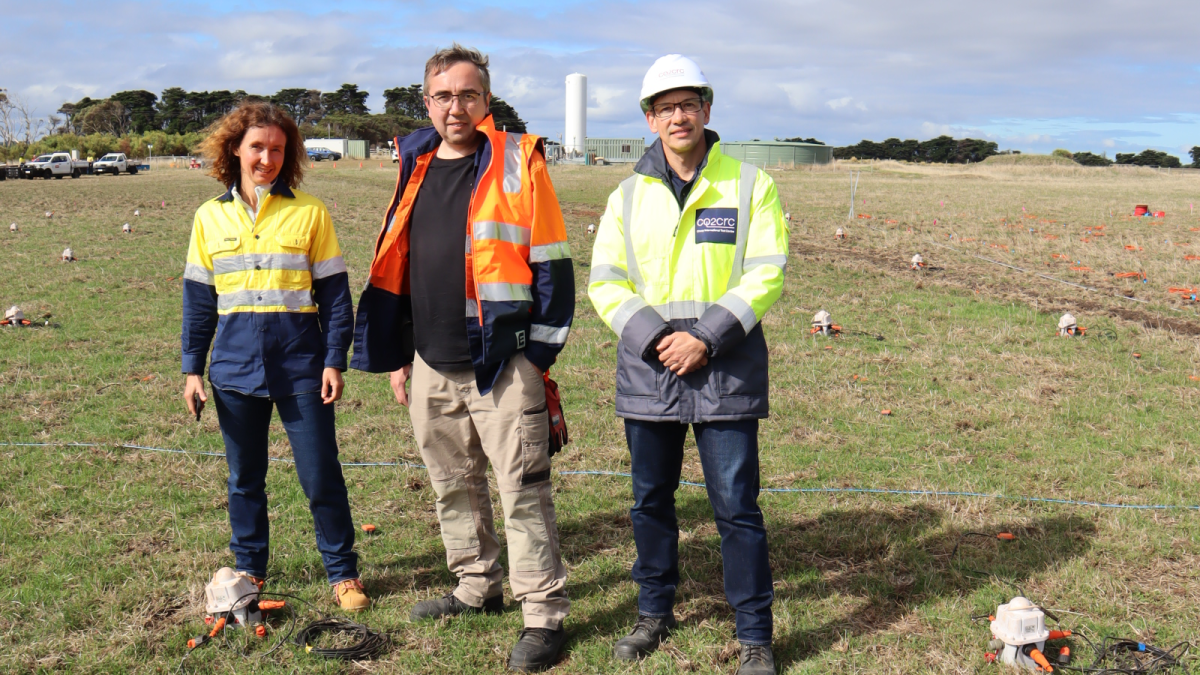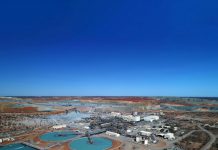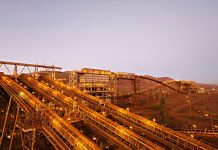Curtin University partners with CO2CRC for carbon capture technology

Curtin University has entered a three-year, $2.4m agreement with carbon capture and storage research organisation, CO2CRC.
Researchers from the School of Earth and Planetary Sciences will apply their seismic monitoring expertise and geophysics knowledge to monitor thousands of tonnes of CO2 to be injected underground at the Otway International Test Centre in Victoria.
The team from Curtin will use new fibre optic sensors to monitor how the gas behaves during the next stage of the Otway project.
A pioneering initiative, the Otway project aims to improve the understanding of carbon capture and storage technology by testing its safety and feasibility for reducing the impact of carbon emissions on a large scale.
Project lead Professor Roman Pevzner says carbon capture and storage will be crucial in mitigating climate change and reaching emissions targets in the future.
“If you inject CO2 into the ground, you need to monitor it and using geophysics and fibre optic sensing allows us to do this very effectively,” he said.
“We can make sure the gas isn’t going where it shouldn’t be and it’s also good at detecting leaks which might be too small for other forms of monitoring to detect.”
Curtin has worked on previous stages of the project and will continue to do so thanks to this $2.4m agreement which is supported by Low Emission Technology Australia.
CO2CRC chief executive Dr Matthias Raab says this partnership with Curtin upholds Australia’s role in global carbon capture, utilisation and storage.
“Australia should be proud of the rigour and veracity of the work that is being done to achieve meaningful outcomes in the national and international interest,” he said.
“The International Energy Agency has said global 2050 climate goals are unattainable without carbon capture, utilisation and storage, so with renewable energy rolling out slower than needed in most major economies, there is increasing need to accelerate new carbon capture and storage projects.”






















